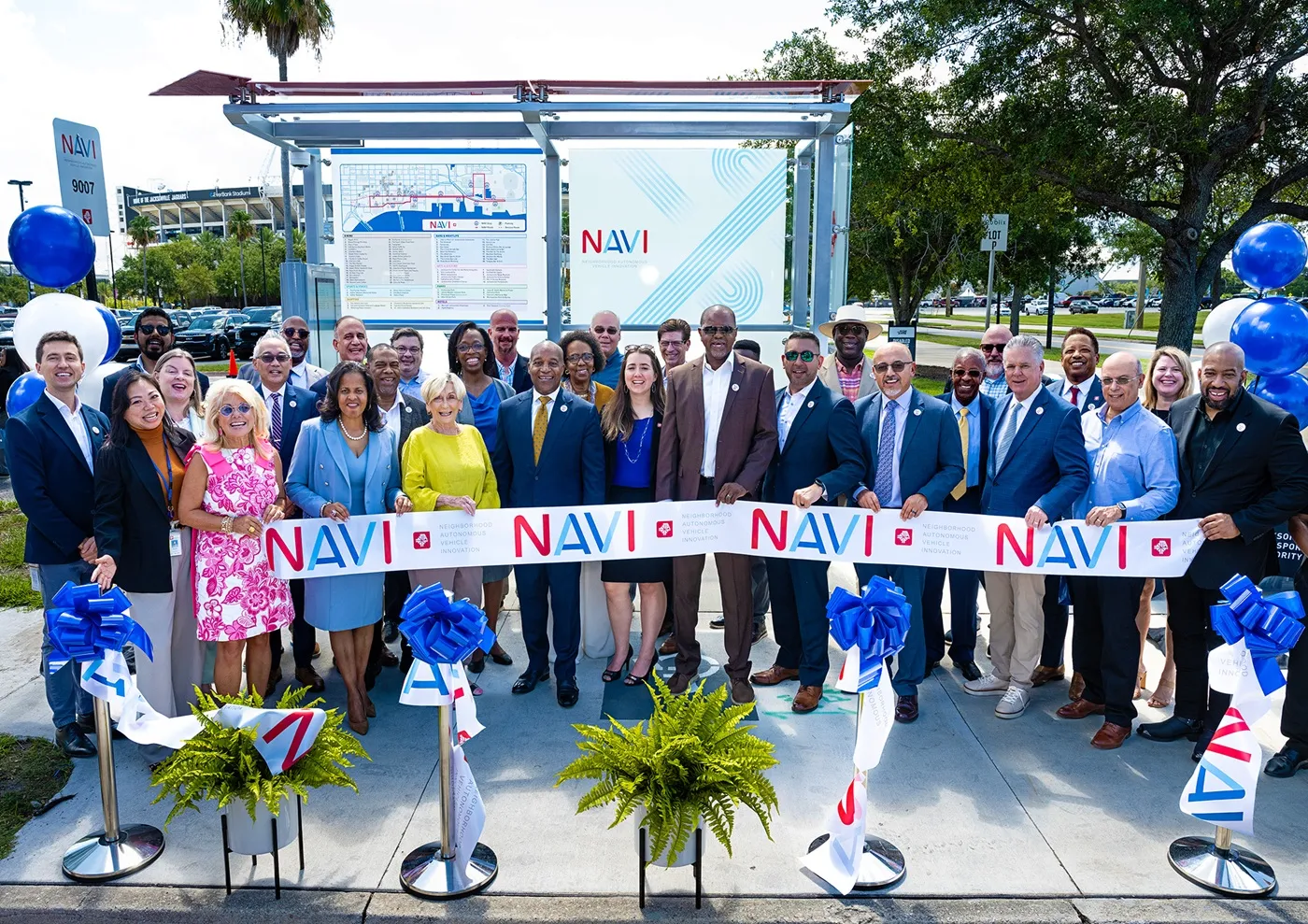Japanese motor manufacturer Toyota Motor Corporation (TMC) has begun tests of Ha:mo, an optimised urban transportation system. The tests involve TMC and its collaborative allies such as the municipal government of Toyota city, Yamaha Motor, Aichi Loop Line, Nagoya Railroad, Aichi Rapid Transit, Meitetsu Kyosho, Chukyo University, Meitetsucom, Hitachi and Meitetsu Bus. Ha:mo is the name being given to TMC-developed systems that seek to provide user, town, and community-friendly transport support through the
October 3, 2012
Read time: 2 mins
Japanese motor manufacturer 1686 Toyota Motor Corporation (TMC) has begun tests of Ha:mo, an optimised urban transportation system. The tests involve TMC and its collaborative allies such as the municipal government of Toyota city, Yamaha Motor, Aichi Loop Line, 6655 Nagoya Railroad, Aichi Rapid Transit, Meitetsu Kyosho, Chukyo University, Meitetsucom, 2213 Hitachi and Meitetsu Bus.
Ha:mo is the name being given to TMC-developed systems that seek to provide user, town, and community-friendly transport support through the effective use of public transportation in combination with motor vehicles and other forms of personal mobility. Ha:mo, which comprises, Ha:mo Ride and Ha:mo Navi will select the optimal means of transport for users based on the operational status of public transport systems and traffic conditions.
Ha:mo Ride will focus on optimal means of using public transportation and vehicles for a travel of a few kilometres linking a user's destination and a train station via the sharing of ultra-compact single user electric vehicles (EVs). Ha:mo Ride is also a part of EDMS trials for effective vehicle-battery use.
Ha:mo Navi uses forecasts of transportation supply and demand to provide transportation alternatives and encourage the use of optimal transport methods, and also links cars and independently operated public transportation. Three services will run under Ha:mo Navi: park-and-ride facility; multi-modal route guide that will help smartphone searches for optimal merger of multiple transport methods like taxis, trains, cars and buses; and park-and-ride information.
Ha:mo Navi's route information is to be merged with Ha:mo Ride's EV sharing information in due course, to provide access to travel history and integrated route data.
Vehicle-sharing stations are to be installed at four locations within Toyota City, providing a car-sharing service using ultra-compact single-occupant electric vehicles (EVs) manufactured by Toyota. These will be increased to a range of 10 to 20 stations due to plans to enlarge the service coverage in central Toyota City. Simultaneously, Ha:mo will be turned into a fee-specific service once the service coverage is extended to also include around 1,000 members and 100 vehicles.
Ha:mo is the name being given to TMC-developed systems that seek to provide user, town, and community-friendly transport support through the effective use of public transportation in combination with motor vehicles and other forms of personal mobility. Ha:mo, which comprises, Ha:mo Ride and Ha:mo Navi will select the optimal means of transport for users based on the operational status of public transport systems and traffic conditions.
Ha:mo Ride will focus on optimal means of using public transportation and vehicles for a travel of a few kilometres linking a user's destination and a train station via the sharing of ultra-compact single user electric vehicles (EVs). Ha:mo Ride is also a part of EDMS trials for effective vehicle-battery use.
Ha:mo Navi uses forecasts of transportation supply and demand to provide transportation alternatives and encourage the use of optimal transport methods, and also links cars and independently operated public transportation. Three services will run under Ha:mo Navi: park-and-ride facility; multi-modal route guide that will help smartphone searches for optimal merger of multiple transport methods like taxis, trains, cars and buses; and park-and-ride information.
Ha:mo Navi's route information is to be merged with Ha:mo Ride's EV sharing information in due course, to provide access to travel history and integrated route data.
Vehicle-sharing stations are to be installed at four locations within Toyota City, providing a car-sharing service using ultra-compact single-occupant electric vehicles (EVs) manufactured by Toyota. These will be increased to a range of 10 to 20 stations due to plans to enlarge the service coverage in central Toyota City. Simultaneously, Ha:mo will be turned into a fee-specific service once the service coverage is extended to also include around 1,000 members and 100 vehicles.








